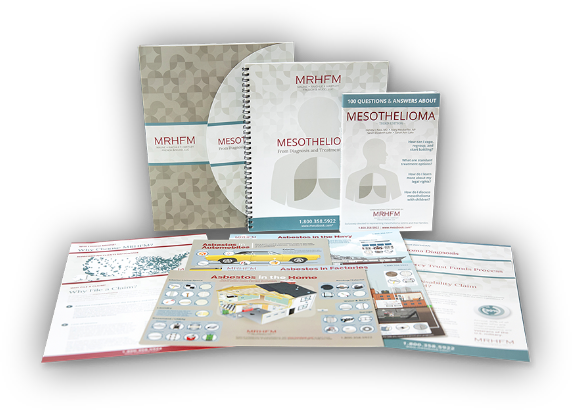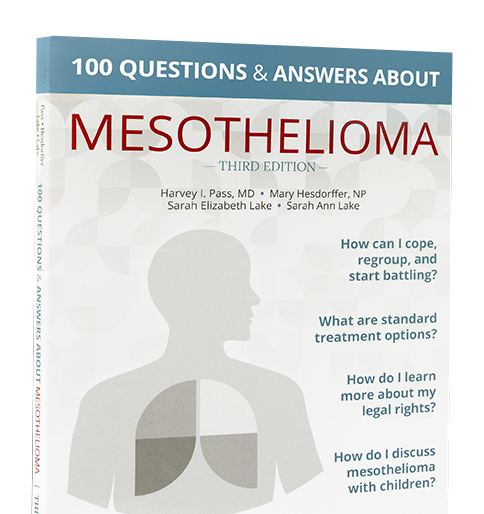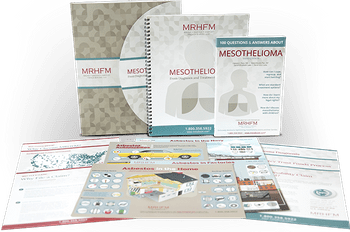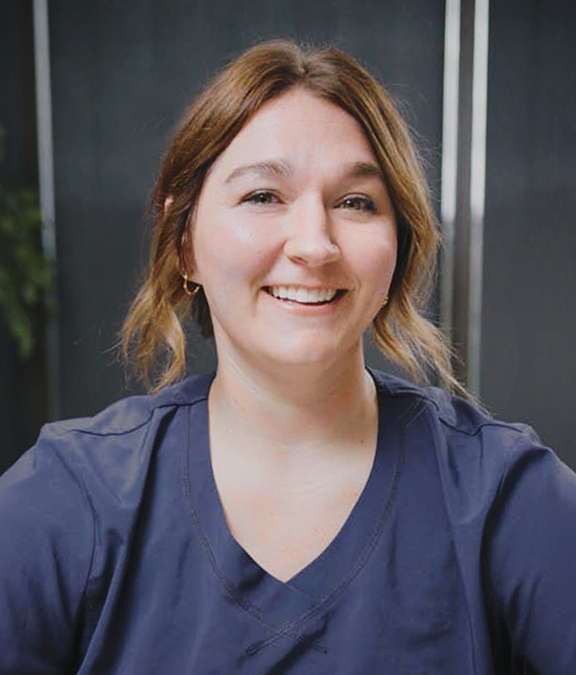Nearly 14 million cancer survivors report cancer-related fatigue (CRF) for years after treatment ends. And most cancer patients report the condition, which affects their overall quality of life, and the ability to carry out normal, daily activities. Now, a new study says open-label placebo treatments (OLP’s) can relieve CRF in survivors (and patients), when compared to treatment as usual (TAU).
The full study, conducted by researchers at Harvard Medical School’s Beth Israel Deaconess Medical Center, University of Alabama’s Comprehensive Cancer Center, and others, lasted from August 2015 to May 2017. The 21-day, single site, two-parallel arm RCT (randomized-controlled trial) compared an OLP to the effects of TAU among cancer survivors reporting at least moderate CRF.
As a retention device and secondary exploratory study, participants randomized to TAU were offered the opportunity to take the OLP for 21 days at the conclusion of the main study. Participants originally randomized to the OLP group in the main study were offered an opportunity to be followed for an additional 21 days to investigate whether any improvement persists after placebo was discontinued.
According to the research team, cancer survivors who completed cancer treatment six months to 10 years prior to enrollment reporting at least moderate fatigue (less than 4 on a 0–10 scale) were randomized to OLP or TAU. Those randomized to OLP took two placebo pills twice a day for 21 days.
“Compared to those randomized to TAU,” wrote the team, “OLP participants reported a 29% improvement in fatigue severity and a 39% improvement in fatigue-disrupted quality of life.”
The researchers also reported that, “TAU participants who elected to try [the] OLP for 21-days after the main study reported reductions in fatigue of a similar magnitude for fatigue severity and fatigue-disrupted quality of life (23% and 35%, respectively).”
In conclusion, wrote the researchers, the results showed that OLP’s “may reduce fatigue symptom severity and fatigue-related quality of life disruption in cancer survivors.”
The team added that, “although our results suggest that [OLP’s] may be a beneficial treatment for CRF, replication studies are needed, as well as studies exploring how [OLP’s work], why and under what circumstances.”
“Efforts should be undertaken to learn whether OLP’s can be successfully applied to a range of PROs [patient-reported outcomes] in cancer and other populations,” said the team.
If you have been diagnosed with mesothelioma or you are a mesothelioma survivor who is experiencing fatigue, talk to your doctor about open-label placebo treatments. Emerging therapies such as this could be helpful in easing symptoms associated with your specific type of mesothelioma. Talk to your doctor today about newer treatment options that could be available to you.
Sources
Hoenemeyer, Teri W., et al. “Open-Label Placebo Treatment for Cancer-Related Fatigue: A Randomized-Controlled Clinical Trial.” Springer Nature, vol. 8, no. 1, 9 Feb. 2018. Macmillan Publishers Limited, doi:10.1038/s41598-018-20993-y.






